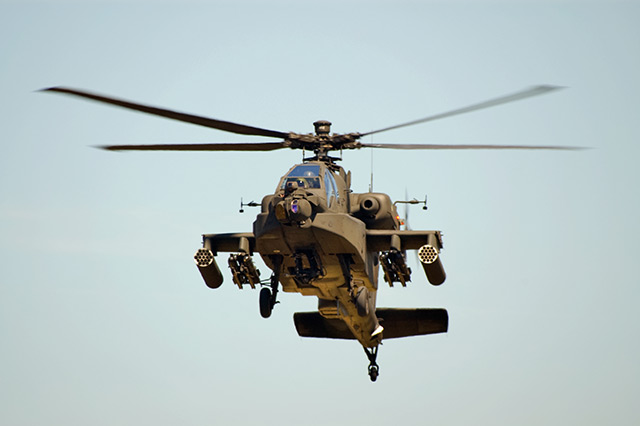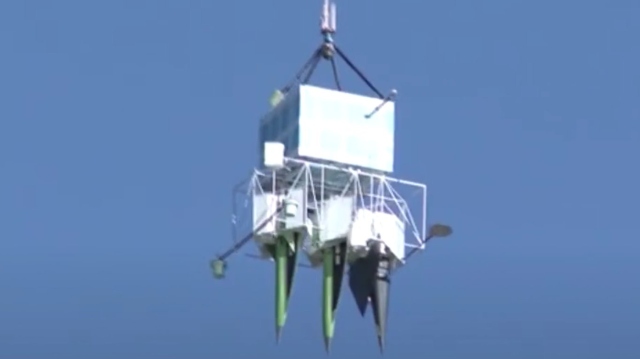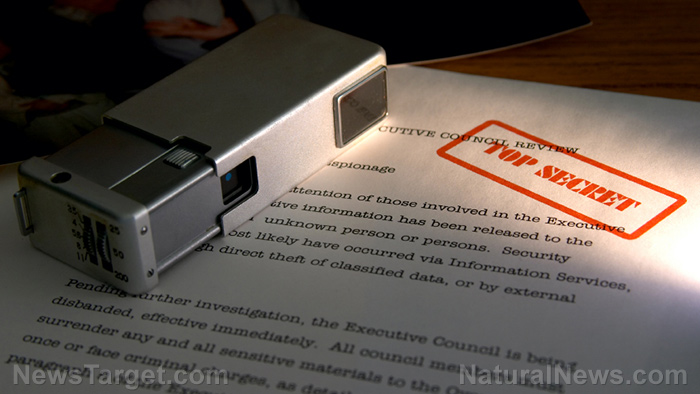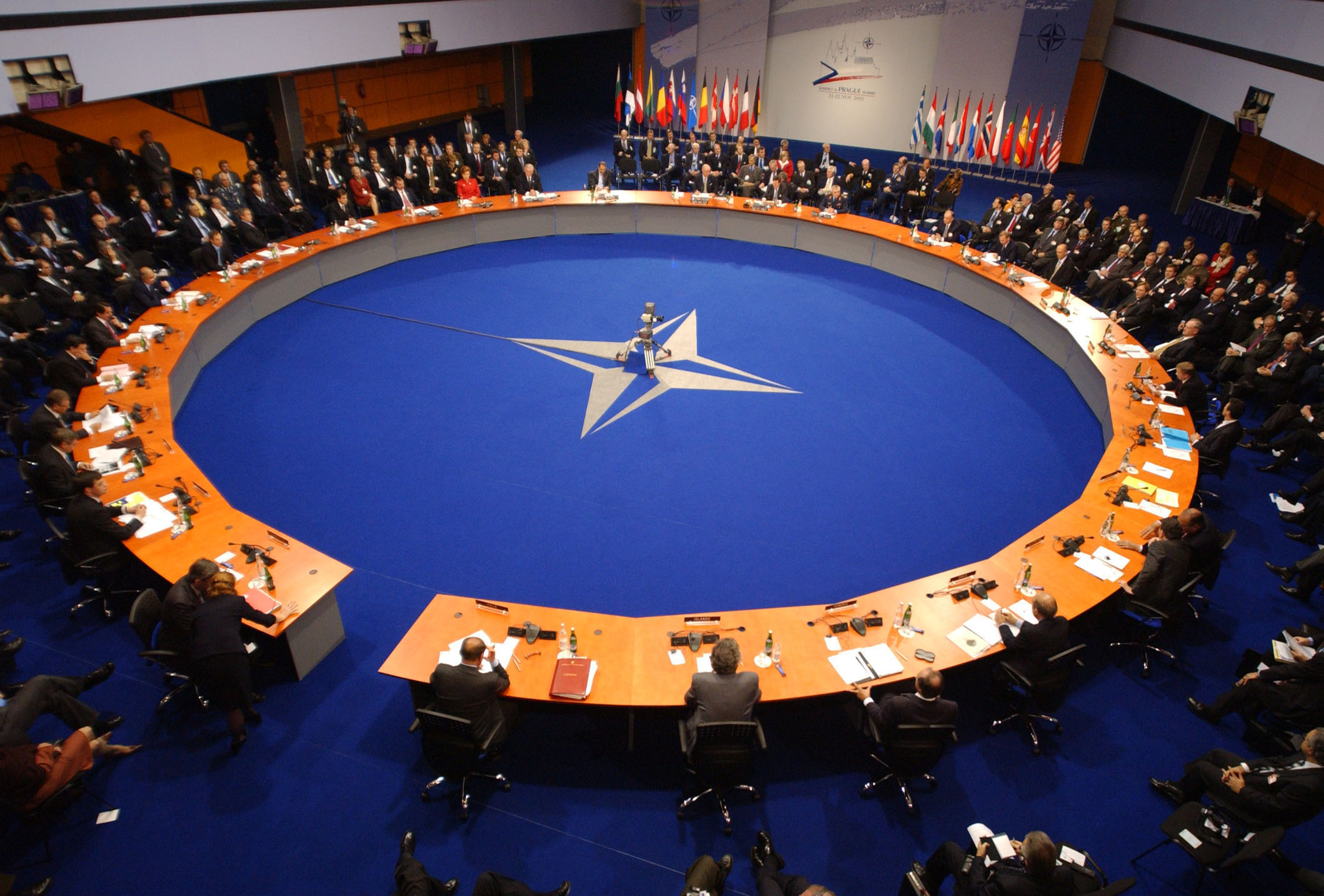Chinese spy agency challenging the CIA with advanced AI program
12/31/2023 / By Richard Brown

During the Wuhan coronavirus (COVID-19) pandemic, Chinese spies engaged with technology contractors to enhance their surveillance capabilities in Beijing. They sought an artificial intelligence (AI) program that could instantly create dossiers on individuals, including foreign diplomats, military officers and intelligence operatives using information from various databases and surveillance cameras.
The AI-generated profiles allowed Chinese spies to select targets and identify vulnerabilities. The revelation underscores the Ministry of State Security‘s (MSS) expansive ambitions, positioning itself as a formidable global intelligence agency.
MSS using advanced technologies to catch up with CIA
The MSS has significantly improved its capabilities through recruitment, training and the application of advanced technologies, aligning with President Xi Jinping’s vision for China to rival the United States economically and militarily.
AI Tracking System: The MSS successfully acquired their desired AI system, enabling it to monitor American spies and other individuals. The technology provides Chinese intelligence with enhanced capabilities for data analysis and surveillance.
Competing with the CIA: The MSS has transformed from an agency relying on embassy gossip to one that competes directly with the Central Intelligence Agency (CIA) globally. The rivalry between the American and Chinese spy agencies resembles the Cold War-era KGB-versus-CIA dynamic, but with China leveraging emerging technologies like AI to challenge the United States.
Economic and Military Espionage: Both the MSS and the CIA are intensifying their efforts to collect intelligence on technological advancements, especially in areas like artificial intelligence, quantum computing and biotech. China’s economic boom and industrial policies provided the MSS with the capability to challenge the U.S. in areas where the Soviet Union couldn’t during the Cold War.
Growing Role of MSS: Under President Xi, the MSS has gained prominence, with its head, Chen Wenqing, promoted to the party’s top security official and a member of the Politburo. The MSS now combines foreign intelligence responsibilities similar to the CIA and domestic security functions akin to the FBI.
Technological Self-Reliance: China’s emphasis on “technological self-reliance” is a response to concerns that the U.S. and its allies could restrict China’s access to crucial technological knowledge. The MSS focuses on recruiting technology experts and acquiring commercial technological advancements.
Challenges for the CIA: The CIA, under President Joe Biden, has established the China Mission Center and a Technology Intelligence Center to address the growing challenge posed by China. However, concerns persist that the U.S. is falling behind in understanding and countering China’s technological advances.
Enhanced Recruitment and Training: The MSS has become more proactive in recruiting from universities, particularly seeking technology experts and hackers. The agency’s growing capabilities highlight the need for the U.S. intelligence community to adapt to the evolving landscape of technological espionage.
Struggling with Technological Awareness: U.S. intelligence agencies face challenges in understanding and responding to China’s commercial and technological advancements. The CIA has sought insights from American executives and scholars to gain a better understanding of Chinese companies’ development goals.
Evolving Threat Landscape: The competition between the MSS and the CIA signifies a shift in the global intelligence landscape, with technological espionage becoming a critical aspect of national security. The U.S. and China vie for dominance not only in traditional military capabilities but also in cutting-edge technologies.
What is MSS?
The MSS operates as a secretive entity akin to the Soviet KGB, holding responsibilities for both internal security and foreign espionage. Its overseas operations are notably directed, with a particular emphasis on the United States, targeting industries and sectors such as high technology and military advancements.
Unlike Western espionage, the MSS doesn’t heavily rely on a limited number of agents; instead, it meticulously cultivates potential intelligence assets and methodically gathers information on new weapons systems through prolonged personal contacts.
According to Peter Earnest, the executive director of the International Espionage Museum in Washington, the approach of Chinese espionage differs from that of the West, as it focuses on accumulating numerical data rather than merely acquiring discrete secrets.
The covert nature of their operations often leaves sources unaware that they have unwittingly collaborated with a foreign spy mission.
Visit CommunistChina.news for more stories about China.
Watch the report about corruption inside America’s intelligence agencies.
This video is from the GalacticStorm channel on Brighteon.com.
More related stories:
Chinese spy balloon program linked to PLA’s hypersonic missiles.
Ford’s deal with Chinese EV battery maker sparks security concerns.
Biden Center at UPenn Received $54.6M from anonymous Chinese donations.
Sources include:
Submit a correction >>
Tagged Under:
artificial intelligence, Biden, big government, China, CIA, communism, cyber warfare, dangerous, espionage, intelligence, KGB, military technology, MSS, national security, privacy watch, spying, surveillance, technology, weapons technology, WWIII, Xi Jinping
This article may contain statements that reflect the opinion of the author
RECENT NEWS & ARTICLES
COPYRIGHT © 2018 MILITARYTECH.NEWS
All content posted on this site is protected under Free Speech. MilitaryTech.news is not responsible for content written by contributing authors. The information on this site is provided for educational and entertainment purposes only. It is not intended as a substitute for professional advice of any kind. MilitaryTech.news assumes no responsibility for the use or misuse of this material. All trademarks, registered trademarks and service marks mentioned on this site are the property of their respective owners.




















